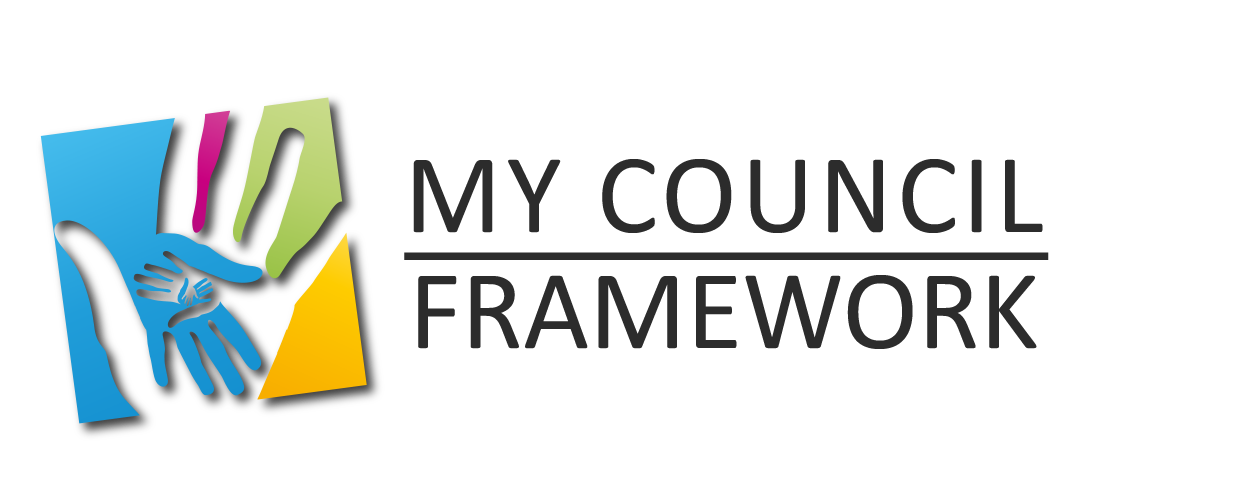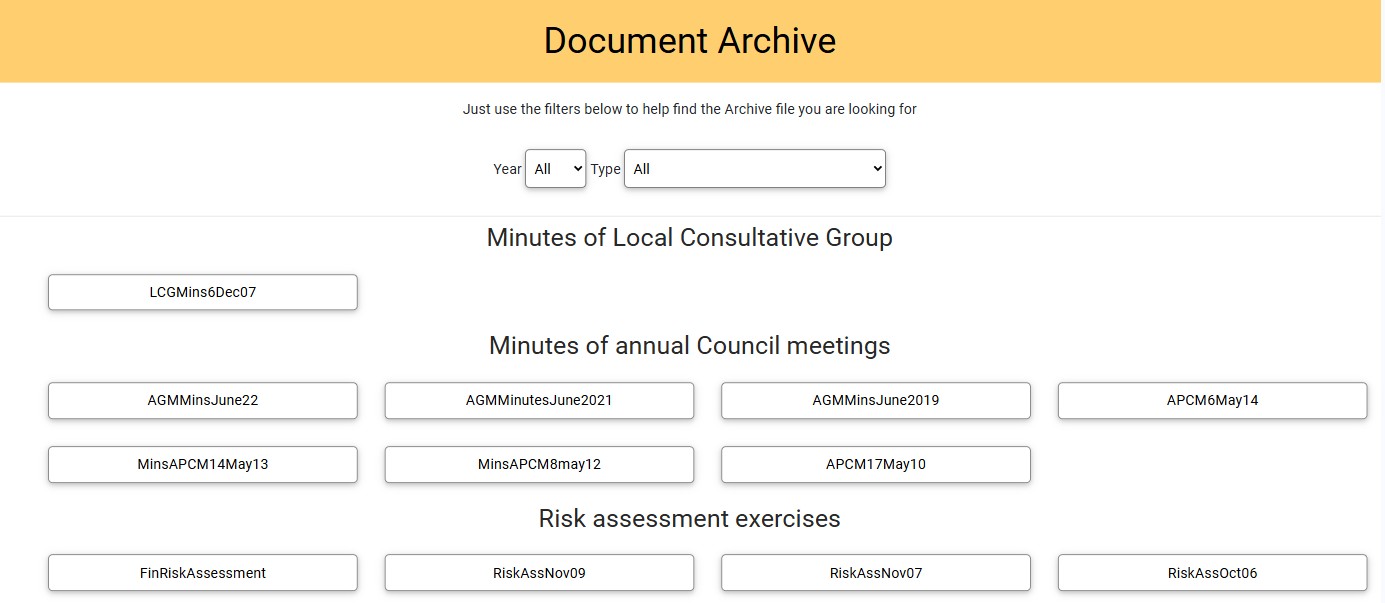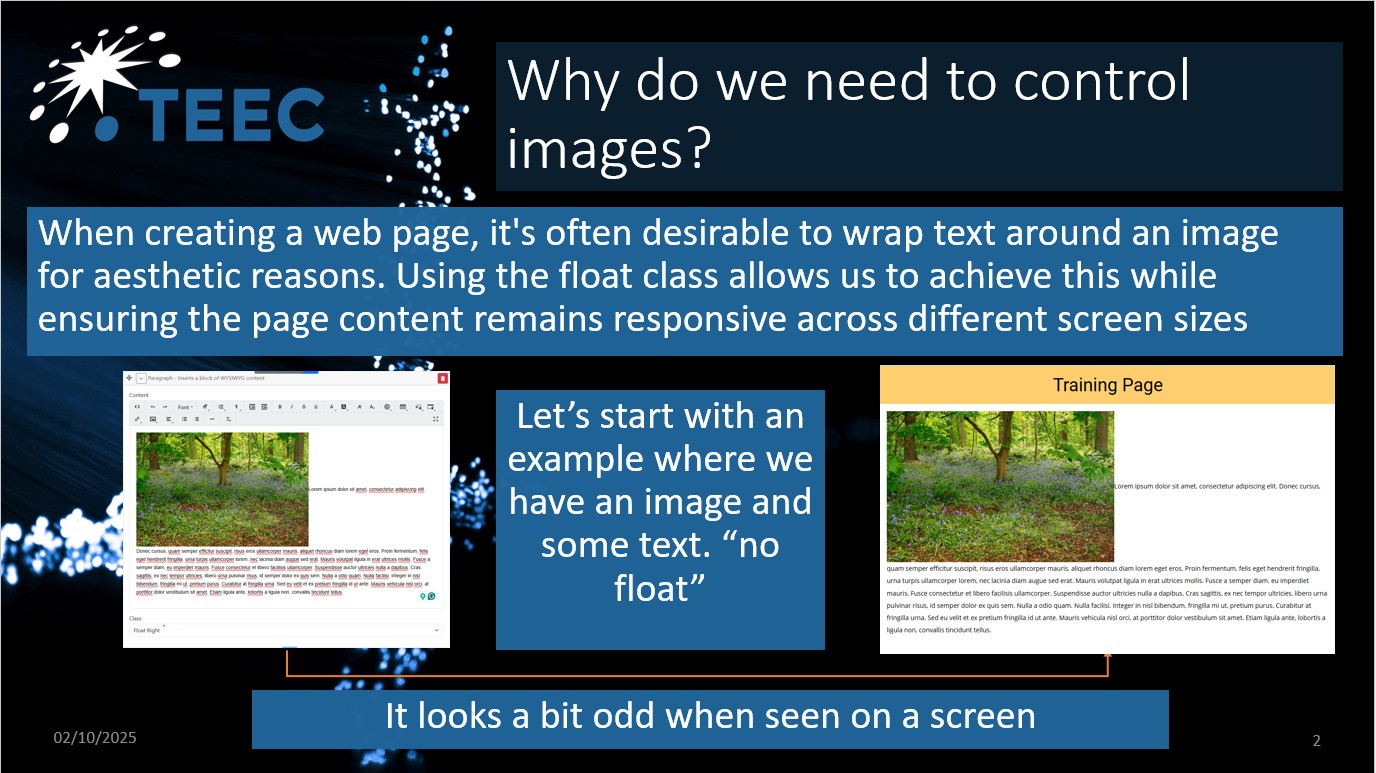
(Mandatory since April 2015)
What Is The Code?
Since April 2015 the transparency code for smaller authorities became mandatory. This code was created in order to meet the government’s stated aim to increase democratic accountability.
How Do Smaller Authorities Comply?
The code requires specific information to be available on a free to access public facing website. This includes:
- All items of expenditure above £100
- An annual governance statement
- End of year accounts (yearly)
- Internal audit report (yearly)
- A list of councillors or members responsibilities (yearly)
- Minutes, agendas and meeting papers of formal meetings (minutes to be published within a month of the meeting and agendas no later than 3 days prior to the meeting date)
- The details of public land and building assets (yearly)
You can view a full version of the code using this link, but there are some key points to note
- Basing your site on this framework will ensure you can meet the code
- You need to comply if you are one of the following types of authority and have a turnover of less £25,000
- Charter Trustees
- Internal Drainage Boards
- Parish Councils
- Port Health Authorities


